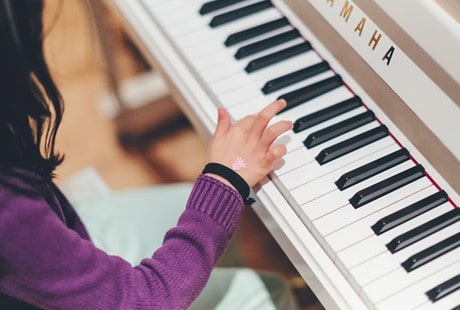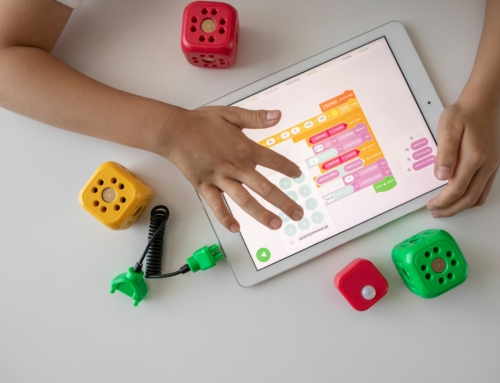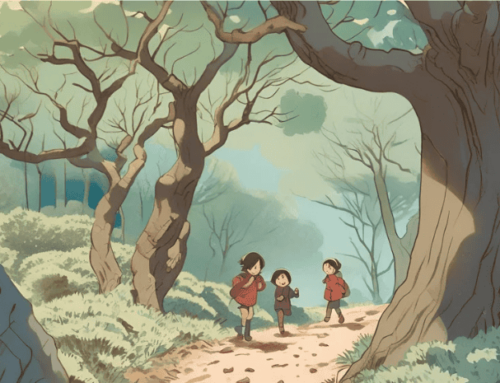Creative, inspiring and powerful, music is a wonderful art created thousands of years ago. People have enjoyed music for centuries. From nursery rhymes to rock concerts, countless memories have been made through the medium of music.
From a developmental perspective, music is an incredible tool for a child’s learning. Music can provide many educational functions from teaching new words and languages to developing motor skills. Music can be used in a variety of settings and scenarios to aid a child’s learning and development.
Emotional Development
Music is a great way to promote emotional development. Music comes in many forms and styles. You can create your own music or listen along to music created by others. From rock to acoustic instrumentals, there’s a variety of instruments and genres of music which can help children to find their own unique identity. Music can help children to form their own identity and develop a form of self-expression. Even as adults, we sometimes find it easier to express our emotions through music and song.
Motor Skills
If you visit any baby group, you will inevitably have a sing along of nursery rhymes. Ever wondered why? Music is an incredible tool for helping children even from a young age to use their body in time with the music. Many nursery rhymes require the use of hand-eye coordination skills such as clapping. This encourages children to be self-aware of their body’s movements in time with the music. Not only can children develop their personal motor skills, but music also provides them with a facet to explore the world around them. Feel like making some music but don’t have any instruments, no problem as children can use everyday items to develop a range of sounds and forms of music.
Language and Communication Skills
Music especially nursery rhymes are full of easy to learn words. For this reason, music is a great way to help children develop their language and communication skills from a young age. Through repeated exposure to different types of music, children can learn the meaning of different words and sounds. Whilst the development of sounds is particularly helpful for younger children, music is also a great vehicle for language development in older children. Song provides older children with the opportunity to explore words in different contexts and reinforce language through its repeated use.
Social Skills and Development
Music can also aid the development of social skills such as self-awareness and relationship skills. As well as developing motor skills, using physical motions to match the music is a great way for children to communicate with their friends and experience different cultures through song and dance. A great example of the link between social skills and development is the national anthem. Children and adults like to feel a sense of unity when singing anthems and this can help to create common links between people.






